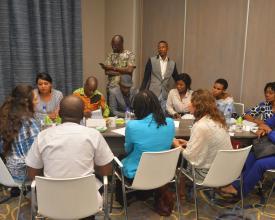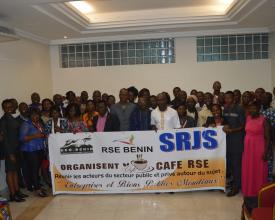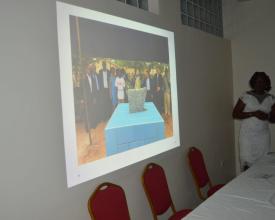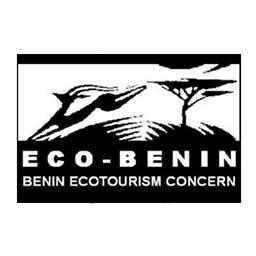
Bringing business and conservation actors together in a convivial café space
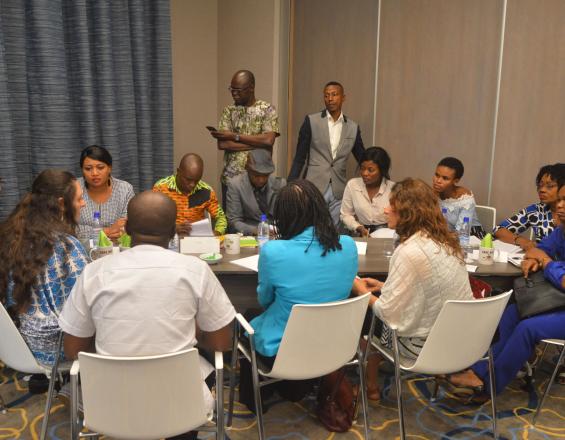
Eco-Benin believes that business is a key determinant of the usage of natural resources; in 2018, it created a multi-stakeholder platform to motivate business to address its impacts on nature and people. The CSR Café initiative, a periodic event, offers a space for dialogue with NGOs, businesses, and State actors. NGOs help businesses realise their impacts and dependencies on nature, and stress their responsibilities and need for action. Businesses exchange with NGOs on how the latter can support them, present their successful CSR activities, and make commitments to sustainability. For instance, Eco-Benin discussed marine pollution with the Beninese brewery company, SOBEBRA. CSR Café seeks to become a hub where involved actors can find opportunities, inspiration, and expertise for CSR activities. All stakeholders, including State representatives and the public at times, jointly determine the vision, solutions, and actions for this initiative. Ultimately, this led to the Beninese government adopting the CSR Charter.
Impacts
The platform helps businesses learn new perspectives of socio-environmental issues and how to address them. A mining company’s commercial director said, “Discussing with these NGOs can bring us their expertise and another way of looking at things, since sometimes we focus too much on our work, which does not allow us to take the necessary distance to see the same problems from a different angle.”
After many discussions, the Beninese State has finally adopted a CSR charter, including a self-assessment tool, to incentive business to respect CSR rules, and for NGOs to support them. This has led to the creation of a CSR working group, which includes NGOs, businesses and the public administration, which is currently leading the implementation process of the Benin CSR Charter.
Being able to discuss obstacles to effective collaboration with all stakeholders helps to dismantle roadblocks, and hold all actors accountable in a safe space.
Finally, through the CSR Café, many companies are motivated and inspired to go beyond the status quo, because they see what others are doing and how it benefits them. These actors that usually do not get along learn to build trust and understand the perspective and needs of the other, in order to participate to the conversation and contribution to combat climate change, the degradation of nature and impacts on communities.
